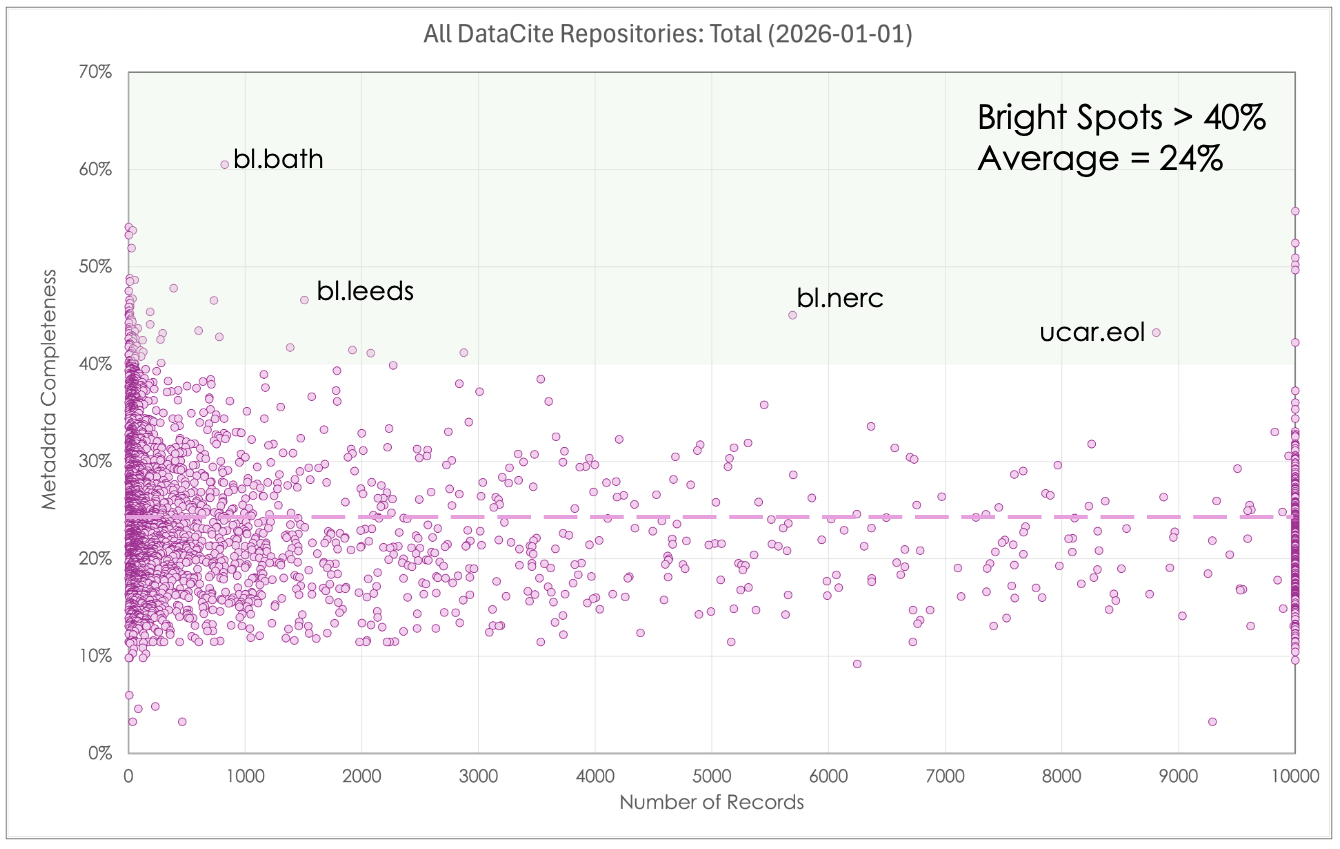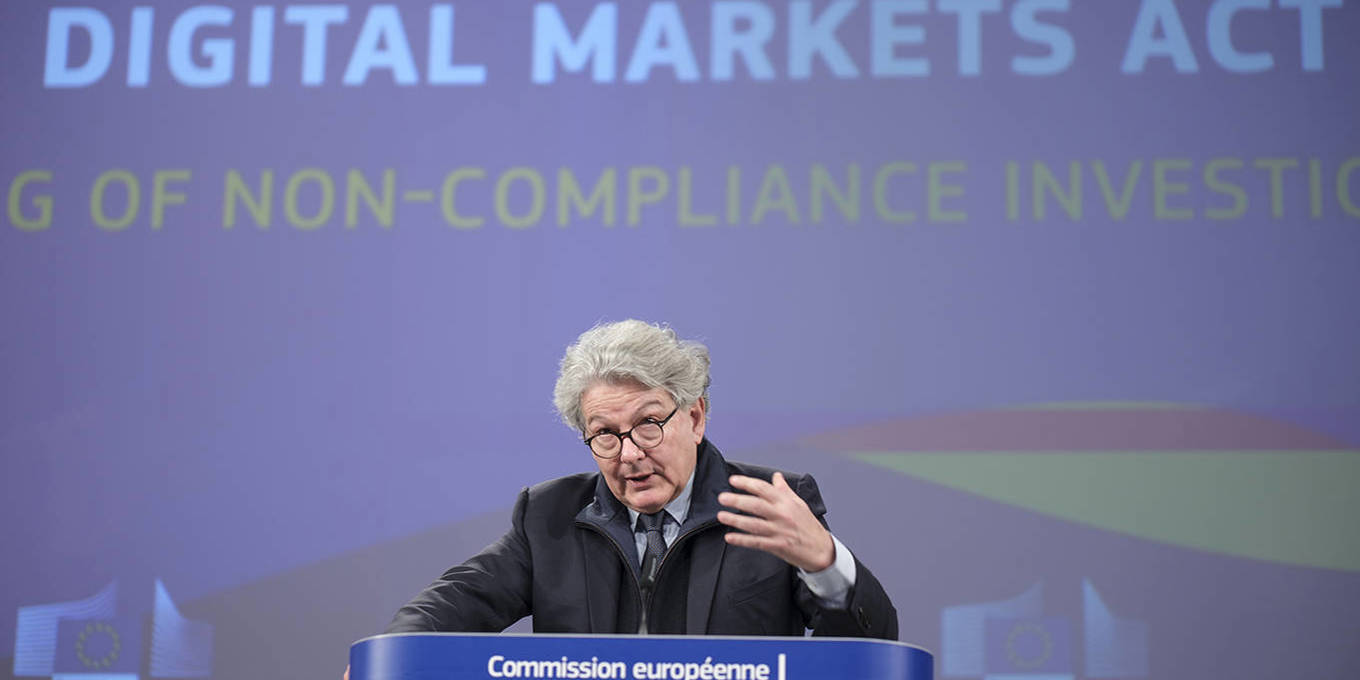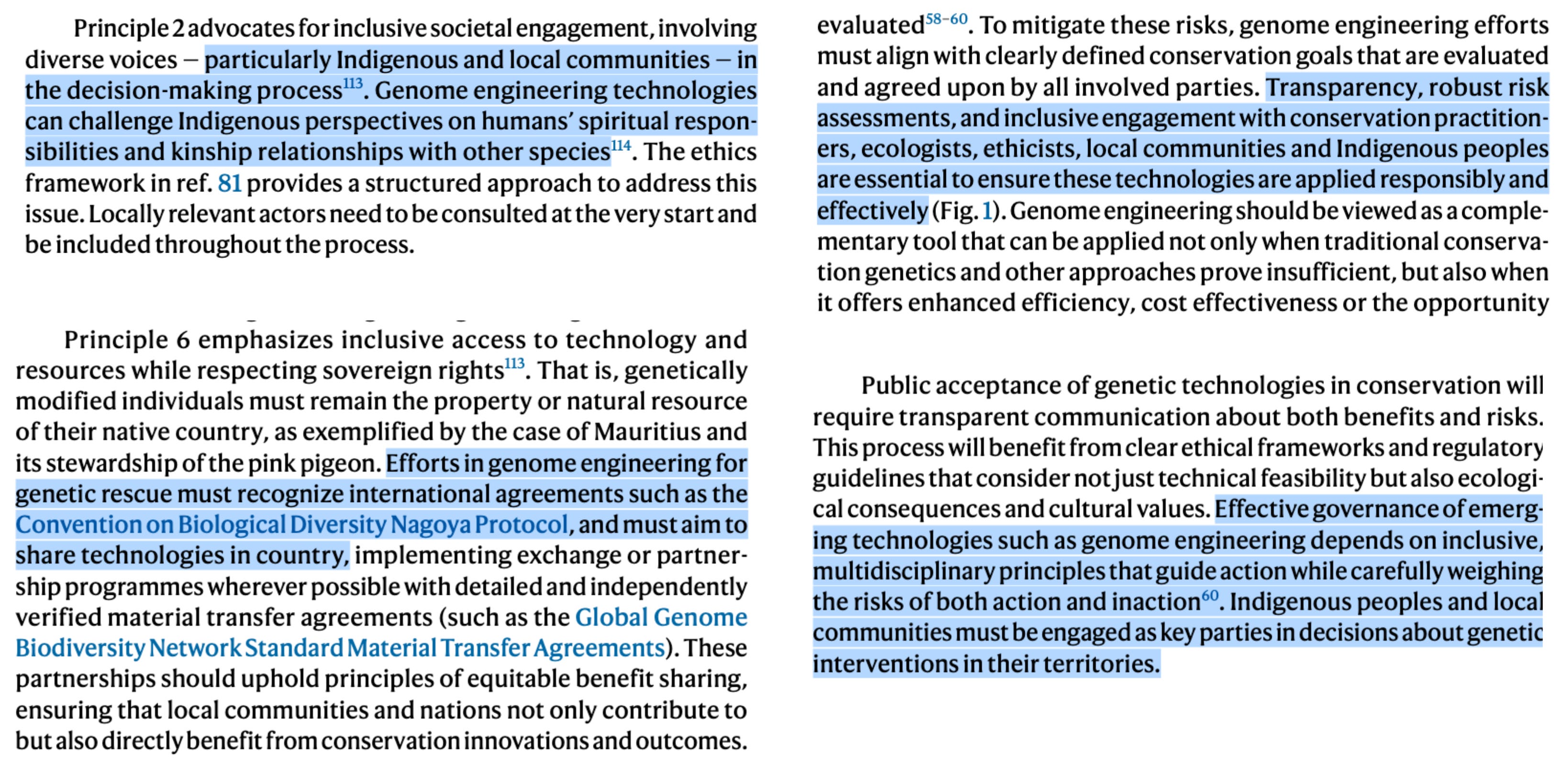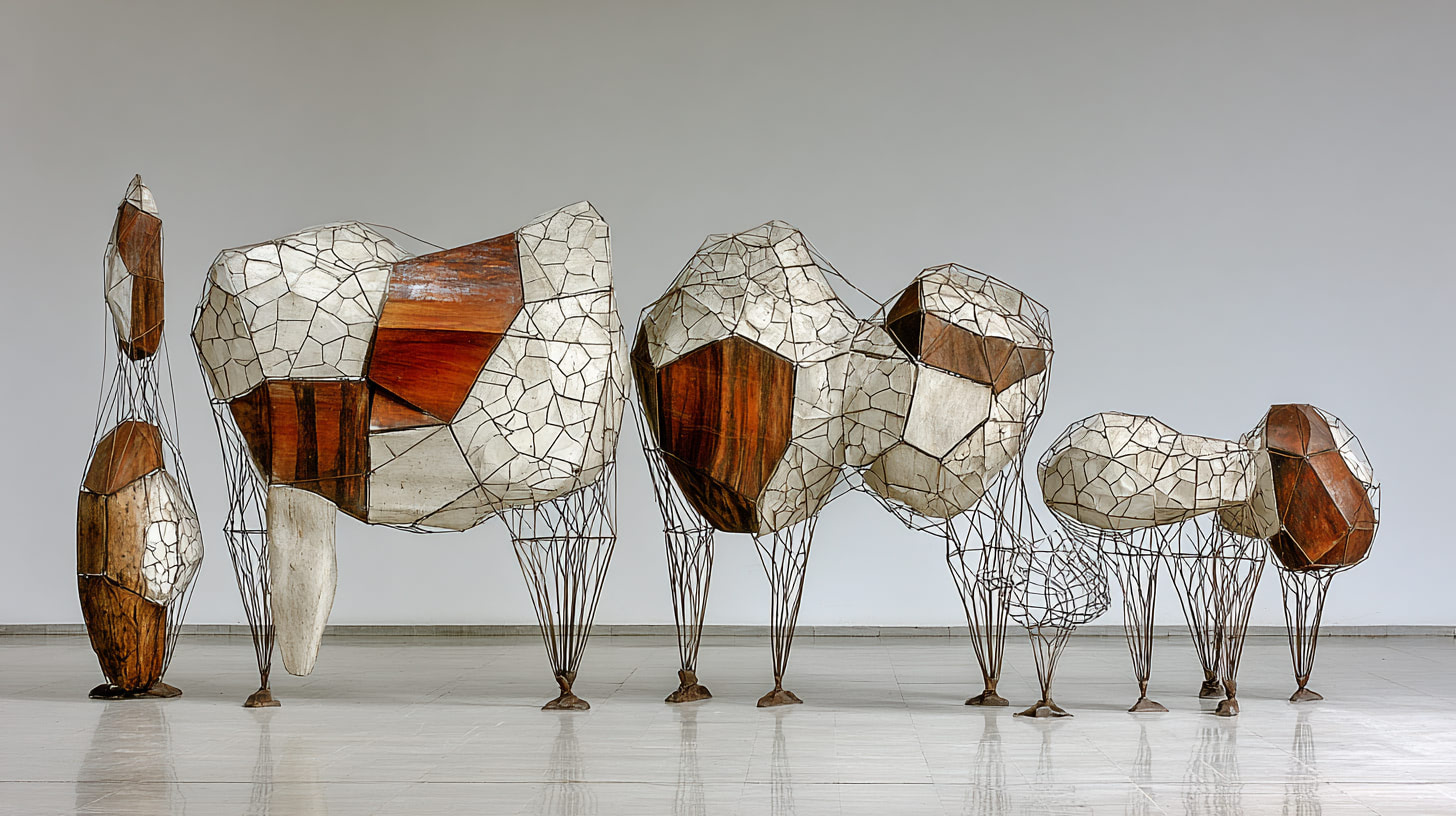Forschungsdaten: Handlungsfeld für institutionelle Open-Access-Repositorien. Pro OAR DE Handreichung
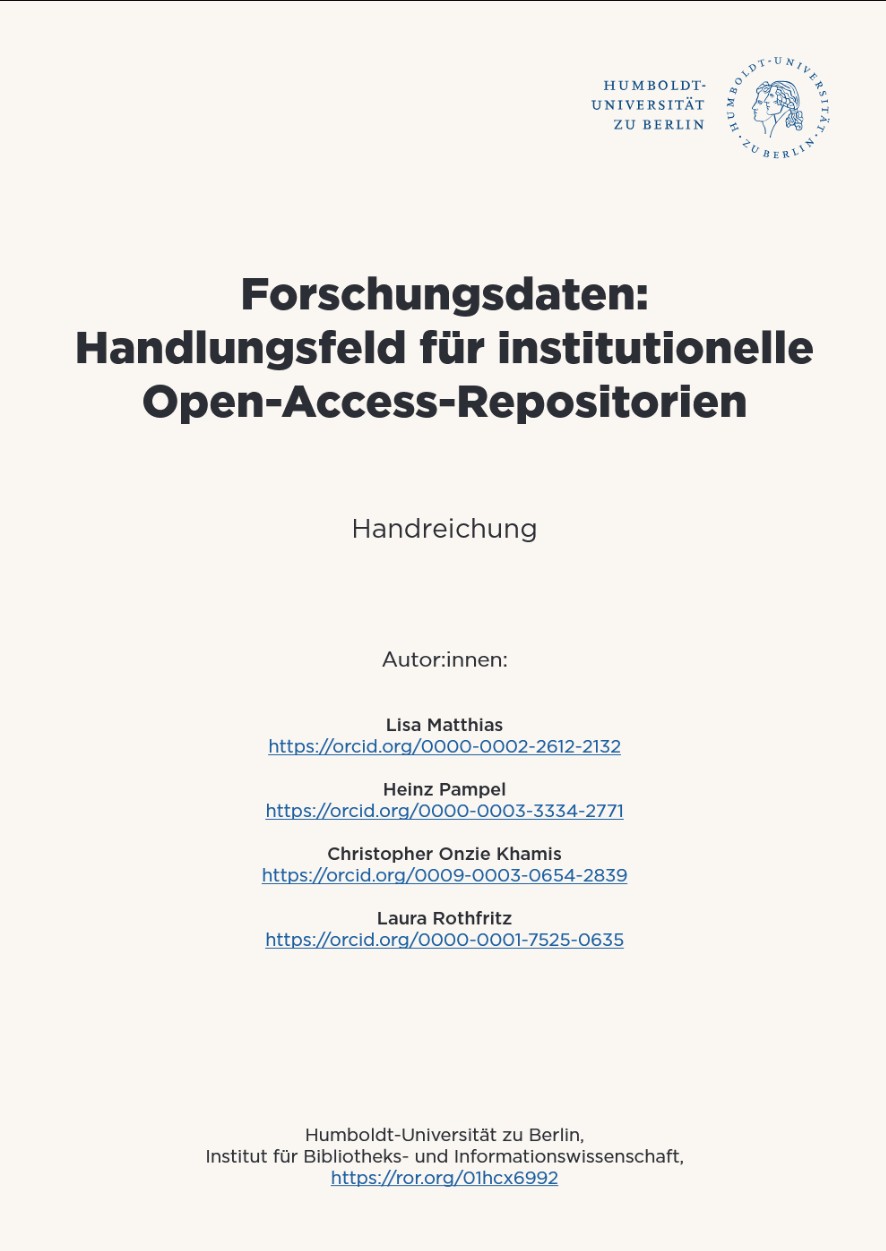
We are pleased to announce the publication of a new guide from the BMFTR-funded (Federal Ministry for Research, Technology and Space) project “Professionalisierung der Open-Access-Repositorien-Infrastruktur in Deutschland (Pro OAR DE)”: “Forschungsdaten: Handlungsfeld für institutionelle Open-Access-Repositorien. Pro OAR DE Handreichung” (available in German only). Matthias, L., Pampel, H., Khamis, C. O., & Rothfritz, L. (2025).
